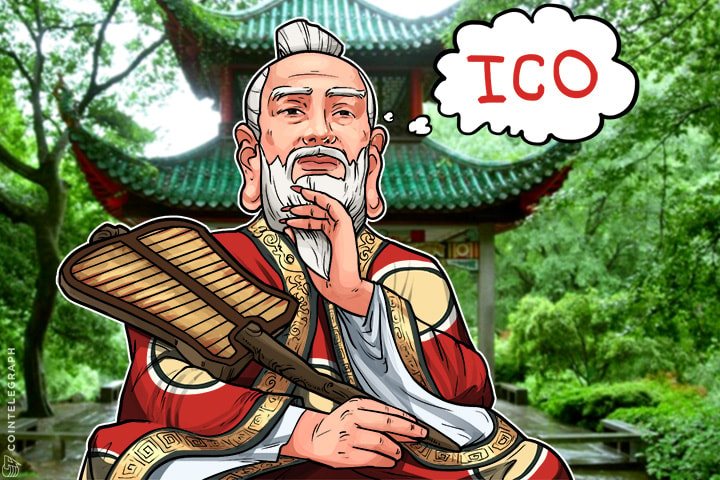“Do not be afraid to slow down, be afraid to stop” - Chinese proverb.
Dmitry Khan, the strategic advisor of chatbot platform Miniapps.pro was going to Beijing to promote his forthcoming Miniapps token generation event at the “2017 Shape the Future” Blockchain summit when he received a sudden email. It was from the event’s organizers, saying that the event might have to be delayed and change venue.
Dmitry said:
“That’s okay. More surprising was how this was followed by the ban of ICOs in China. Anyway, we tried to get some meetings in Beijing. Then we came down here in Shanghai, and now they want to shut down Bitcoin trading. Interesting what will happen next week when I go to Hong Kong.”
All these events evoke a sense of some uncertainty among the participants of the 3rd Global Blockchain Summit in Shanghai. The forum is organized by Wanxiang Blockchain Lab – a Blockchain research institution co-founded by Vitalik Buterin altogether with Wanxiang Holdings – the biggest manufacturer of auto spare parts in China, and the company behind the luxury sports sedan Karma Revero that is gearing up to challenge Tesla.
After the latest Bitcoin news from China, the Summit organizers asked participants – startups, investors and crypto funds – to avoid mentioning the term 'ICO.' The main theme of the forum was shifted to a discussion of practical applications of Blockchain technology and its potential benefits and risks.
However, the organizers couldn’t prevent entrepreneurs from chasing investors and making pitches to pre-ICO funds. All the restaurants, cafes and bars around the venue are filled with crowd talking just about that.
Running and participating in ICO is now prohibited for both Chinese companies and citizens. All Bitcoin exchanges are also preparing to suspend their services following instructions from the government.
Perhaps the main goal of the decision to shut down Bitcoin trading was the Chinese government’s concern that increasing numbers of people were participating in ICOs. It is worth noting that only two years ago, in 2015, China proclaimed a Year of Blockchain, and included Blockchain in its National Five-Year Plan in 2016.
People here are therefore quite informed about the technology and its applications for token generation and trading. That was fuelled by Chinese passion and increasing opportunities in the cryptocurrency market (the biggest Bitcoin miners are all located in China). In short, the Chinese government seemingly decided to avoid a bigger fuss and take the ‘sustainable development’ approach to ease people's worries about cryptocurrency volatility and possible losses.
Besides that, Beijing still hasn’t found proper solutions to regulate the mobilization of capital via ICO and how to license the exchange of cryptocurrencies. Thus, the government merely took a time-out to create a regulative framework for crypto economy. Nobody knows what comes next.
Some people believe that such decisions have already been prepared and will be announced in the nearest weeks or months, allowing regulated exchanges and ICOs to become legal again. There are also sceptics, one of which – an expert at respectful Chinese economical journal – shared with us his belief that the current situation will stay until next year because of the Chinese Communist Party Congress, which is planned to take place on the 19th of October.
The Congress is gathered every five years and will determine the main direction of the country’s development and internal and foreign policy. This will probably be followed be a reshuffle of government and party leaders.Only after that can any further development of the crypto economy and its attendant regulation become clear.
A Chinese proverb says: “Keep a peace of mind, time will come and the flowers will blossom.” When applied to the crypto economy, this means that before we fully enjoy its benefits we should see first how it survives and adapts to the condition of near total prohibition.


